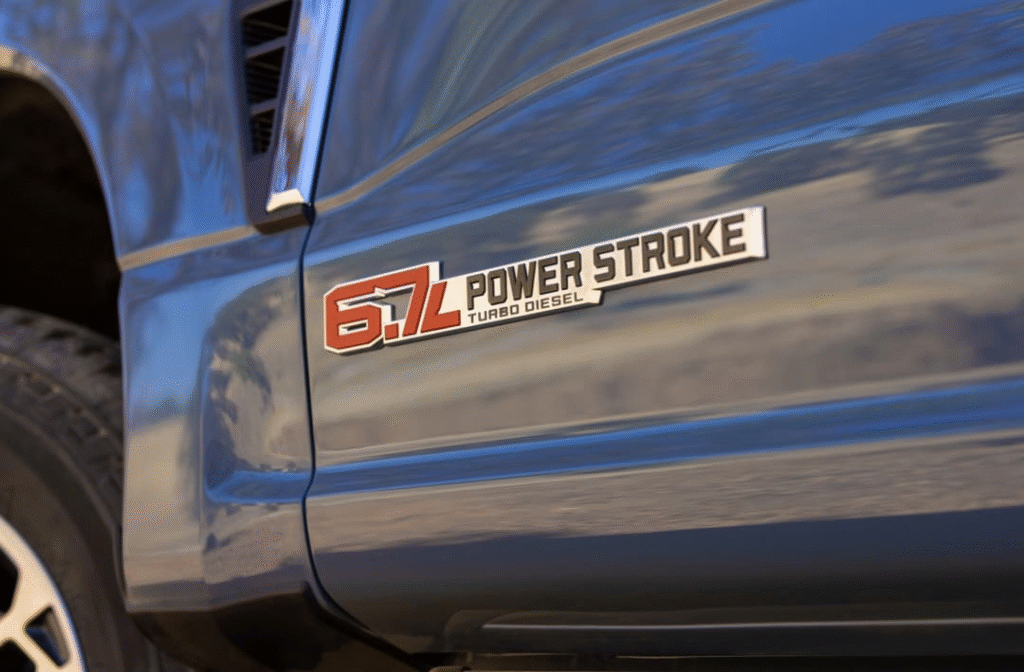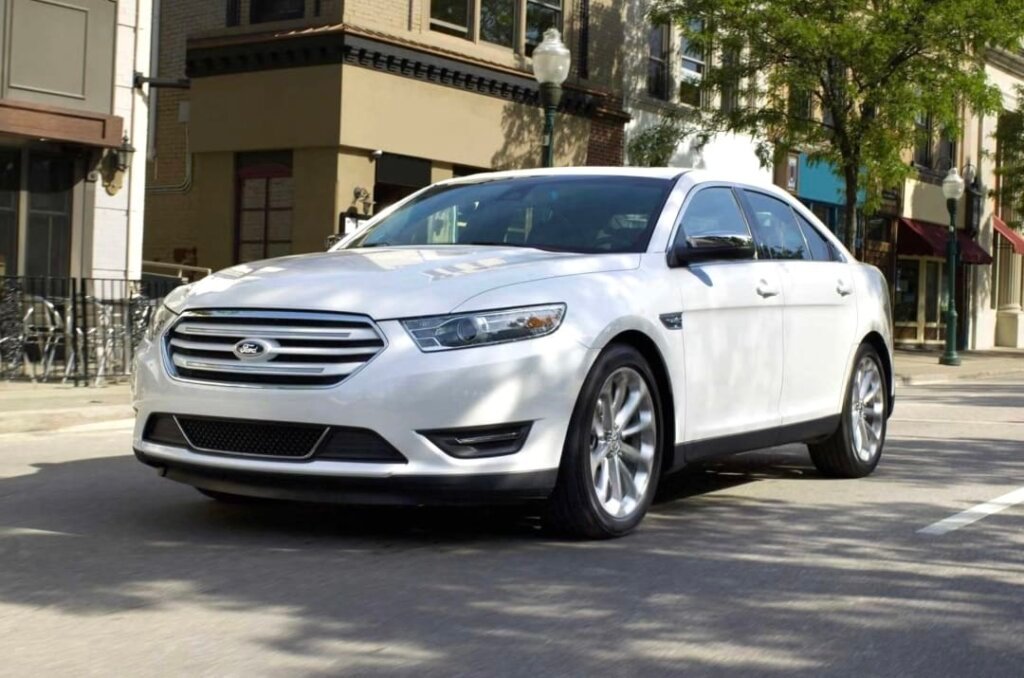Ford CEO Claims Powertrain Durability Now ‘Competitive With Toyota’ Despite Record Recalls
Ford CEO Claims Powertrain Durability Now ‘Competitive With Toyota’, a bold statement made by Jim Farley amidst Ford’s challenging year with a record number of recalls. Farley, who took the helm over five years ago, has overseen significant product launches but has also faced the persistent hurdle of fixing Ford’s notorious quality issues. His recent interview with the Detroit Free Press addressed the ongoing recall crisis, while also drawing a direct comparison to Toyota, a brand renowned for its powertrain reliability.

Farley’s Defense: Software, Not Powertrains, to Blame
With Ford already surpassing 100 recalls this year—more than any other automaker—Jim Farley’s comments aimed to distinguish between different types of recall issues. He emphasized that not all recalls indicate low quality or unreliable powertrains. Many, he argued, can be resolved through software updates or are minor issues unrelated to expensive engine or transmission problems. He cited a recent Ford recall affecting 1.1 million Ford and Lincoln models for a software error impacting rearview camera images as an example of an “industry issue,” not a unique Ford one.
“Our durability of our powertrains that we’re testing are fully competitive, we believe, with the likes of Toyota,” Farley stated. He further claimed progress in new product launches: “Since I’ve been CEO, we’ve improved our quality of our launches. The Expedition and Navigator were our best launches in company history. We lost almost no vehicles and so far, as the vehicles mature in the field for six months now, we’ve had almost no recalls and very little issue with those vehicles. I would say we are making a lot of progress and it does take time.”
Farley’s comparison to Toyota, a benchmark for reliability, is indeed courageous, especially given Toyota’s track record of producing some of the most dependable gasoline-powered cars globally. However, even Toyota has faced its own powertrain challenges, as evidenced by the need to replace thousands of engines in certain Tundra and Lexus LS models last year.

Most Newly Recalled Fords Are Older Models
Farley also clarified that a significant portion of the recent recalls pertains to vehicles developed before 2020, the year he became CEO. He asserted that he cannot change the engineering decisions made prior to his tenure, but his focus is on promptly addressing field issues.
“I can’t do anything about that engineering. It’s in the field. All I can I do is deal with the problems quickly,” Farley explained. “Anyone who says, ‘They should make the recalls go away.’ I can’t remake the vehicles that were made seven years ago. That’s not understanding the recall process. The recall process is when you have an issue in the field, dealing with it.”
Examples of recent Ford recalls for older models include:
- 2016-2018 Ford Taurus: Door trim falling off
- 2020-2021 Ford Super Duty: Steering column defect
- 2015-2018 Ford Edge: Rear brake jounce hoses could rupture
Signs of a Ford Recovery and The Road Ahead
When viewed in context, Ford’s high recall rate appears slightly less alarming. The distinction between software-related issues and fundamental powertrain failures is crucial, and a widespread problem with engines or transmissions would undoubtedly be more damaging.
Furthermore, J.D. Power has recognized Ford’s progress in vehicle quality over the past five years. In their recent Initial Quality Study, which tracks issues faced by new vehicle owners in the first three months, the F-150, Super Duty, Escape, and Mustang all topped their respective segments.
Despite these positive indicators, Farley’s work is far from complete. Regardless of whether recalls are software-related or pertain to older models, they continue to affect the company’s reputation. While other American luxury brands like Lincoln haven’t always matched their historical heights, Ford’s strategic focus on quality improvements and its willingness to address issues head-on demonstrate a concerted effort to enhance its long-term brand image and competitive standing.
Also Read – BMW Fire Recall Expands to 340,000+ Vehicles: Starter Motor Risk Hours After Parking



